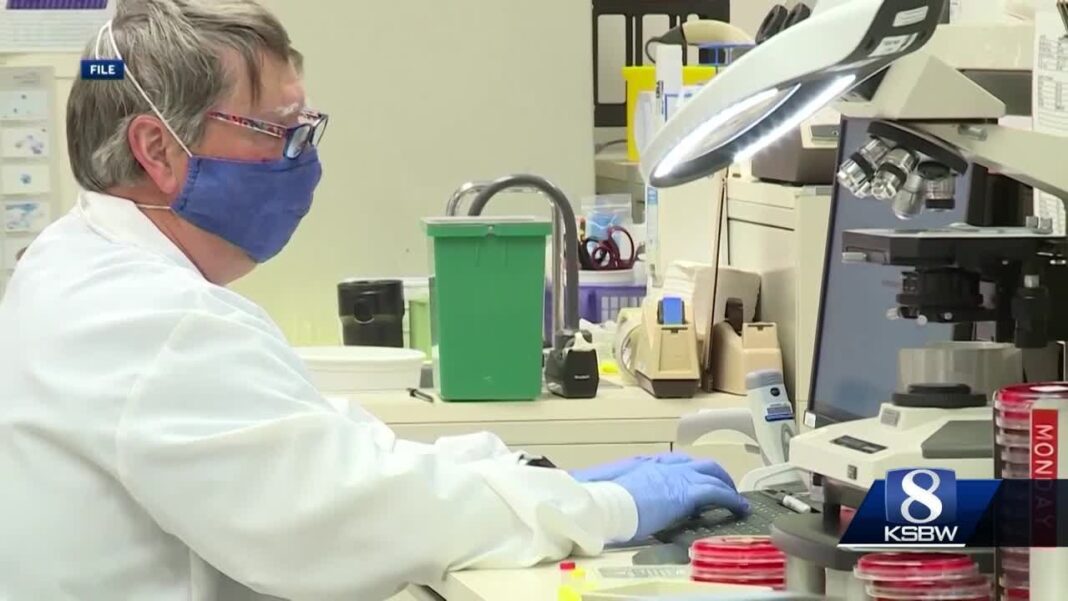To prevent long-term effects of adverse childhood experiences, support must come at multiple levels—in homes, schools, and communities—according to experts.
A scientific letter published in the Indian Journal of Pediatrics recorded the following case:
A 5-year-old girl in kindergarten presented with a three-month history of emotional outbursts, aggression, and stubborn behavior. On the surface, the girl appeared to have attention deficit hyperactivity disorder (ADHD). In reality, she was showing the impact of trauma.
At home, her family was struggling with unemployment and persistent conflict, creating an environment of stress.
Childhood trauma and adverse experiences not only raise the risk of developing ADHD but can also intensify symptoms that can potentially last into adulthood. That is why, when exploring treatment options, it is important to consider a child’s experiences and provide support that helps them feel safe, rather than focusing only on behavior or medication.
The ADHD-Trauma Connection
“There most definitely is a connection between trauma and ADHD,” Dr. Samuel Ponnuthurai, a psychiatrist at the London Psychiatry Clinic, told The Epoch Times.
Trauma can disrupt brain development and cognitive processing, thus contributing to ADHD and leaving a lasting imprint on emotional, cognitive, and neural levels.
Children who experience trauma may develop a negative memory bias—remembering bad experiences more than good ones. Such bias can heighten stress and emotional reactivity and make attention, impulse control, and hyperactive behaviors worse—symptoms often seen in ADHD.
At the family level, ADHD is highly heritable.
“It’s common for both a parent and a child to share ADHD traits, which can make daily interactions more difficult,” Ponnuthurai said.
The stress of constant clashes between parent and child—such as repeated arguments, misunderstandings, and frustrations—can become ingrained over generations, leaving families more vulnerable to cycles of trauma.
Trauma itself can take many forms. It may stem from a single event, such as the death of a loved one, a serious accident, or witnessing violence. However, trauma doesn’t always appear dramatic from the outside. For a sensitive child, even situations that seem minor—moments of feeling powerless or unsafe, such as being harshly criticized at school, constantly shouted at by a parent, or feeling excluded or bullied by peers—can leave a deep impact.
The more adverse childhood experiences a child reports, the higher their likelihood of developing ADHD symptoms.
Parents can help by noticing patterns of stress, offering support, and seeking guidance early, before difficulties become overwhelming.
By Zena le Roux







